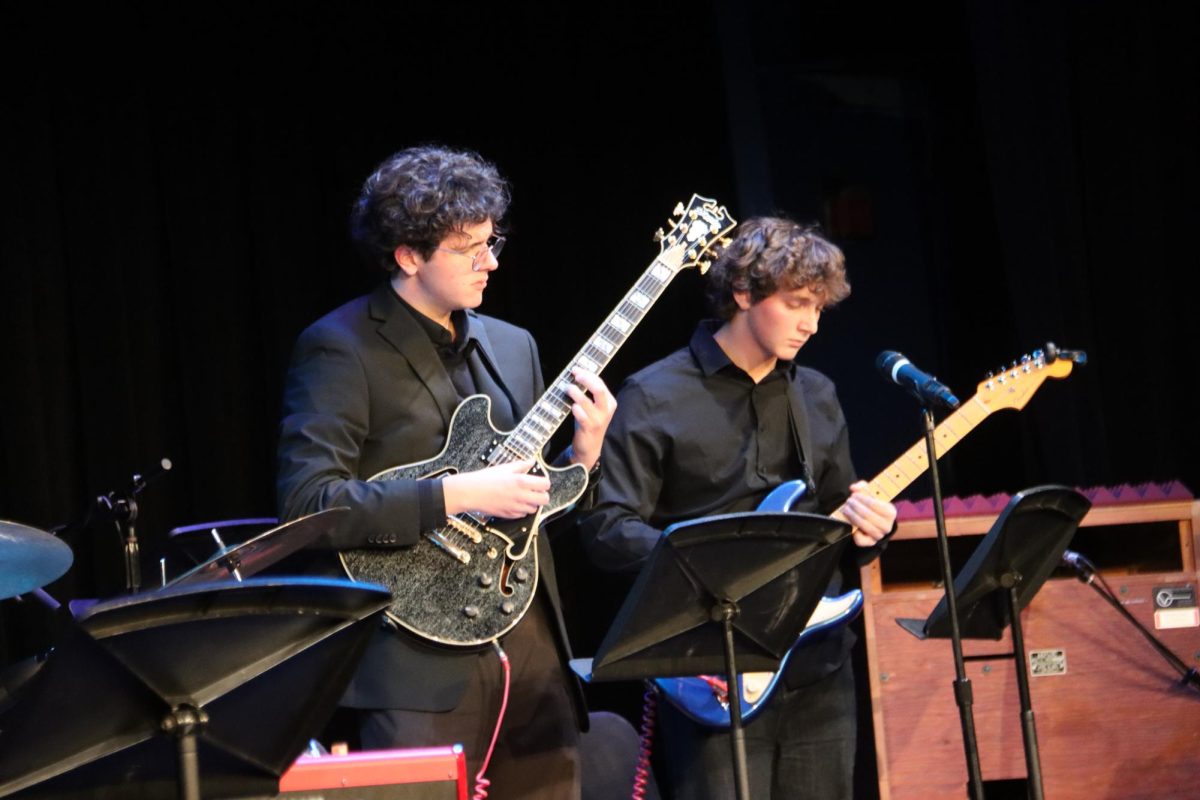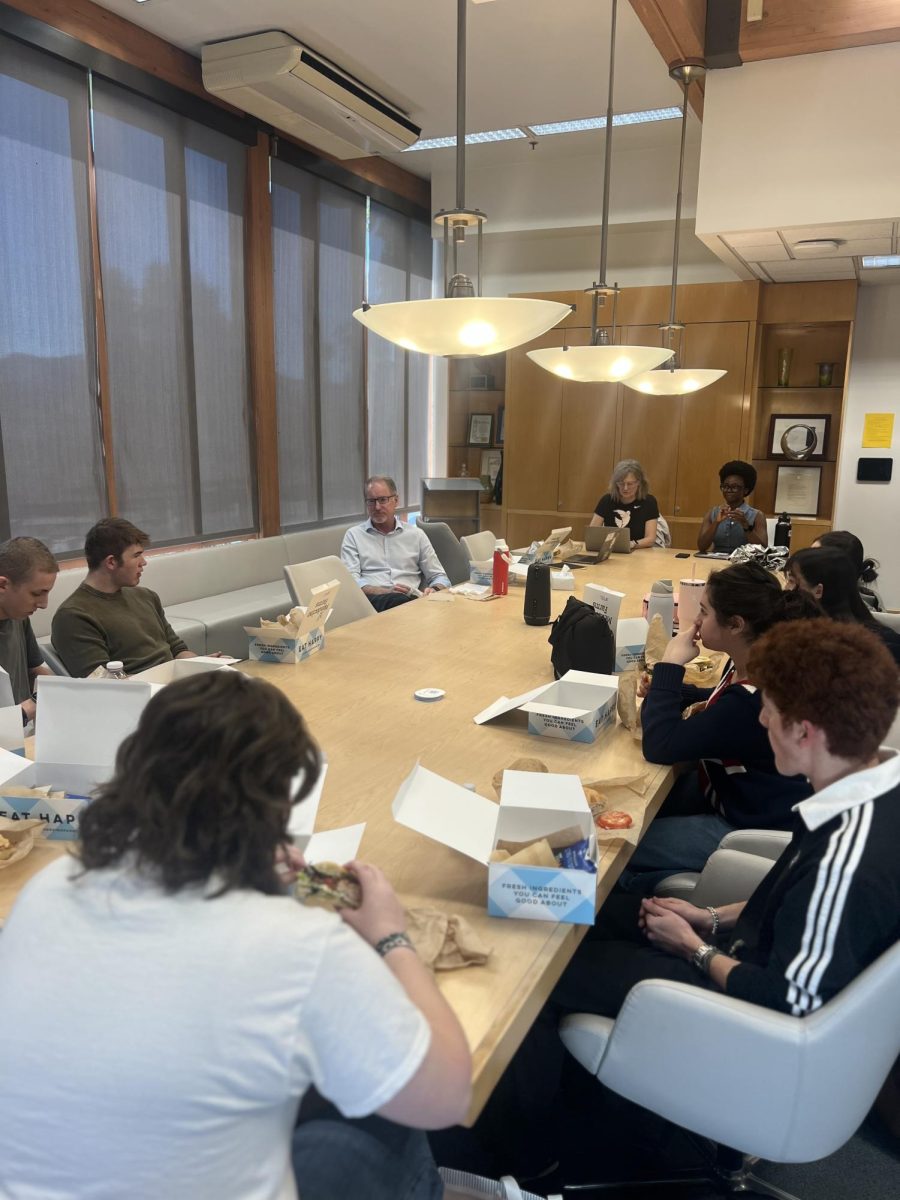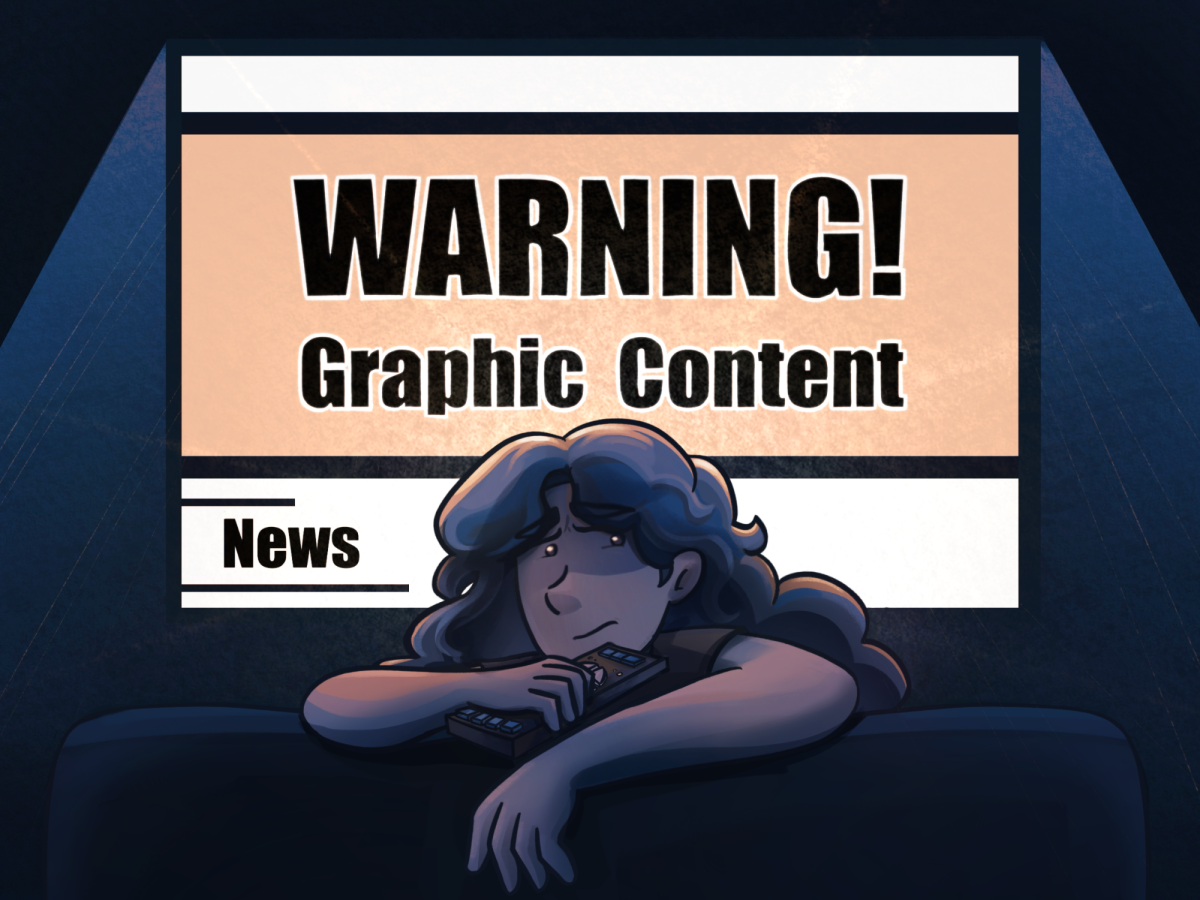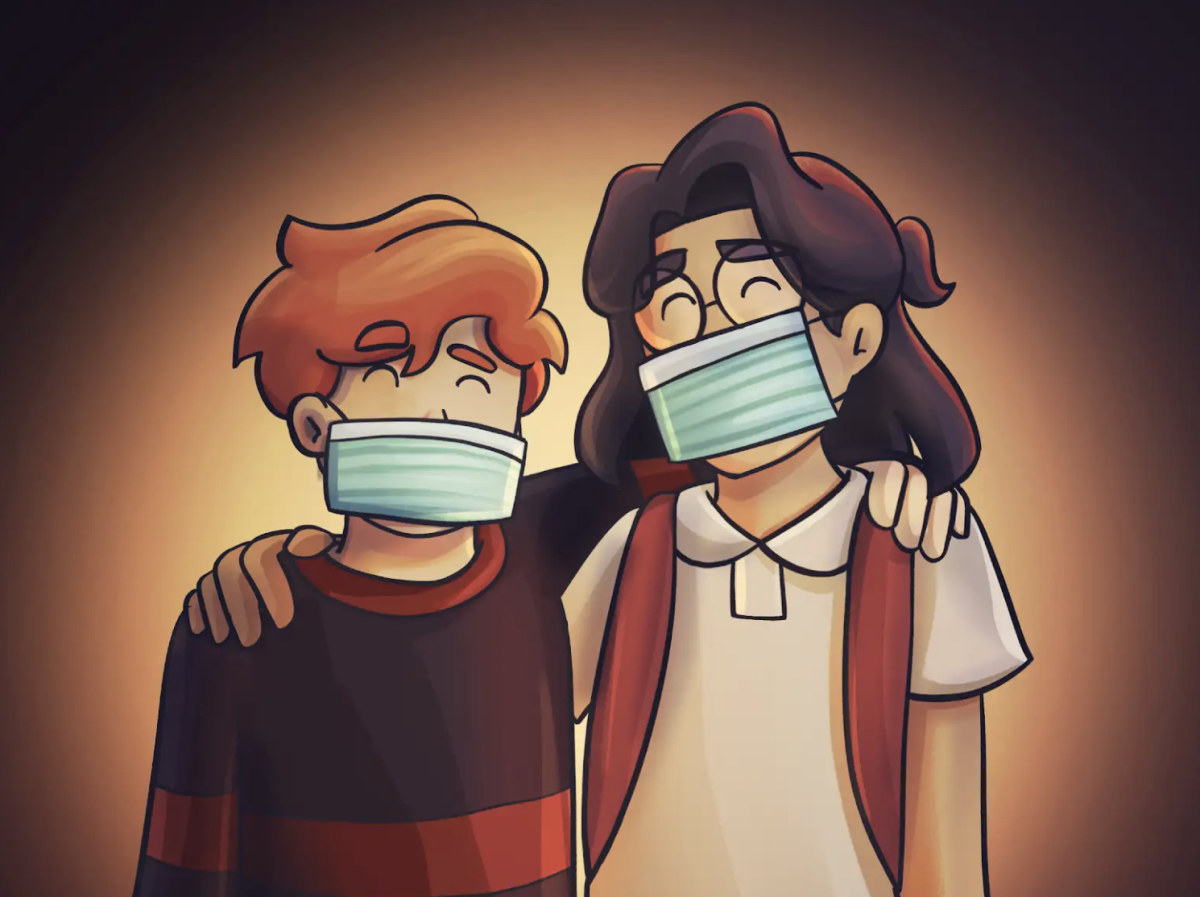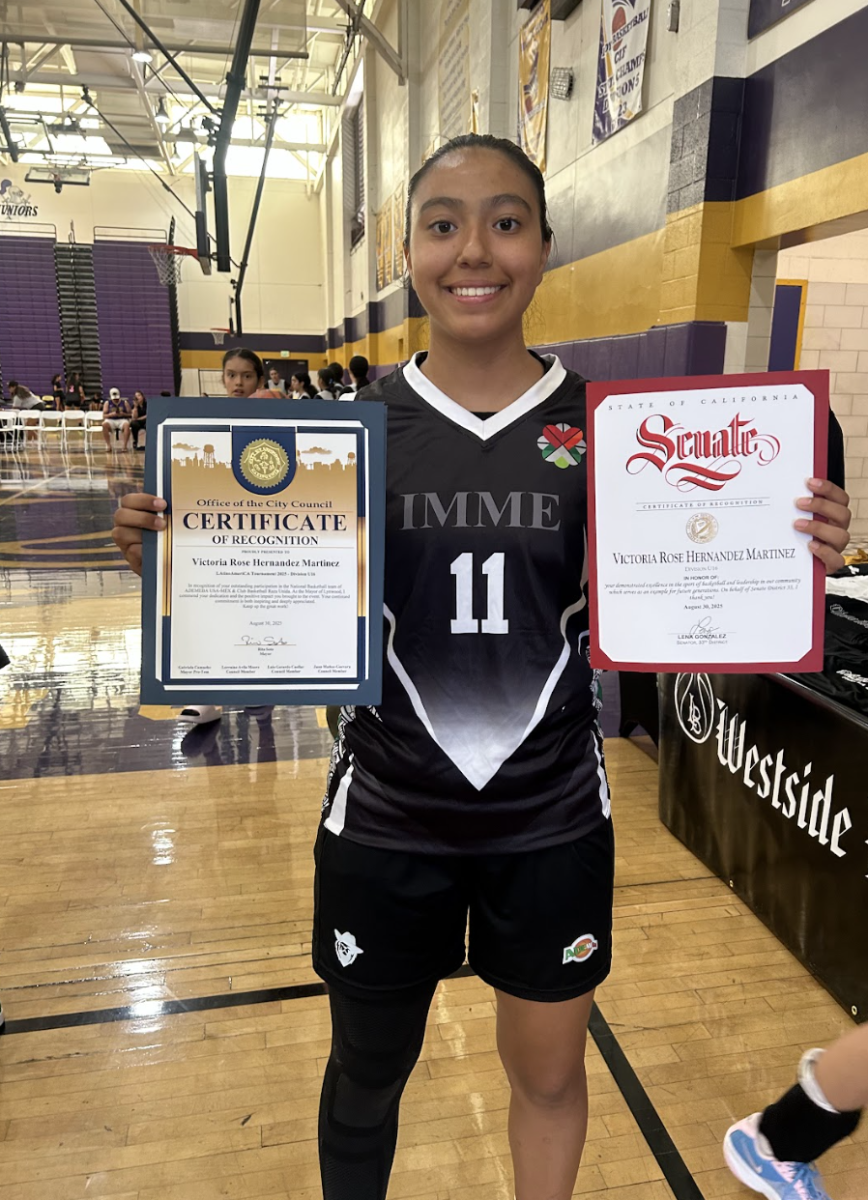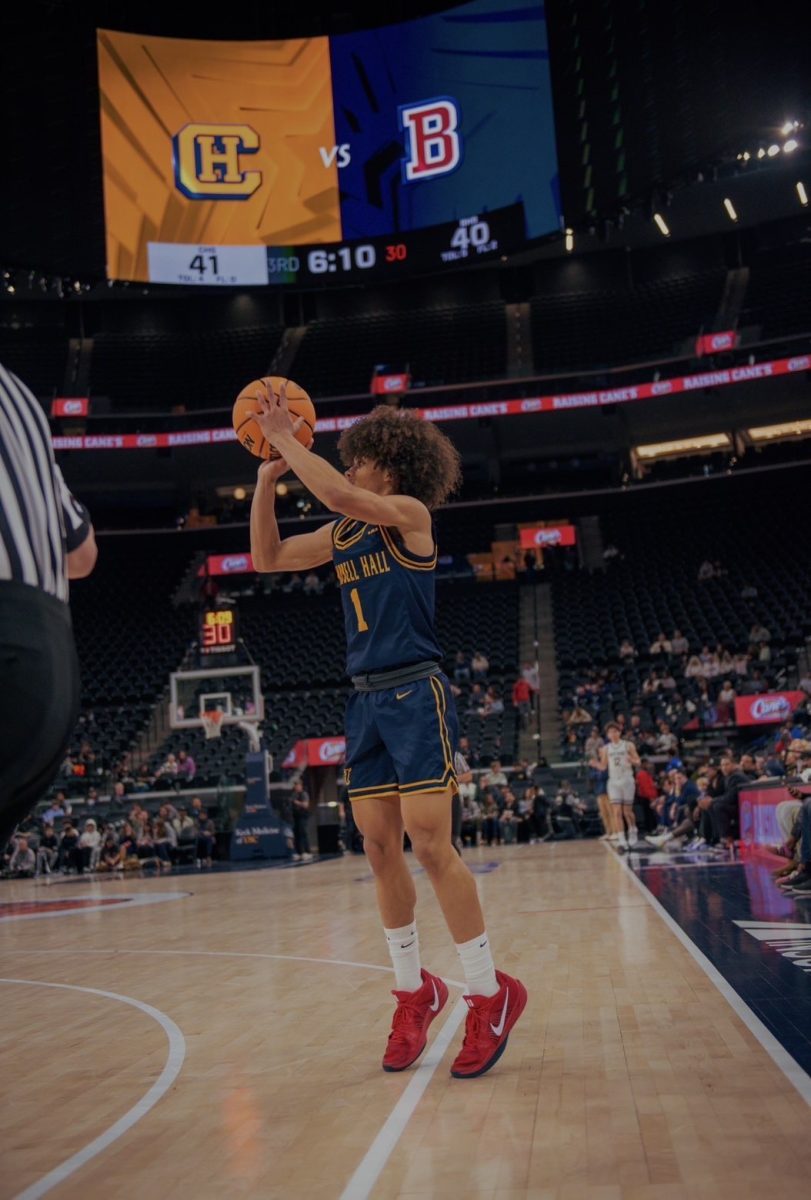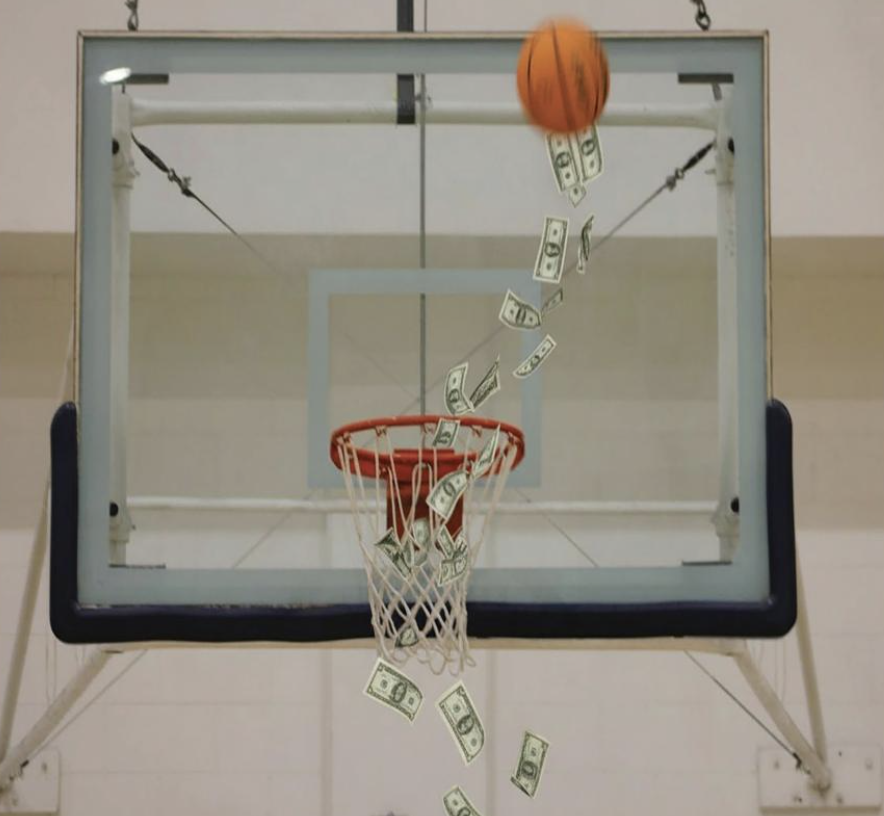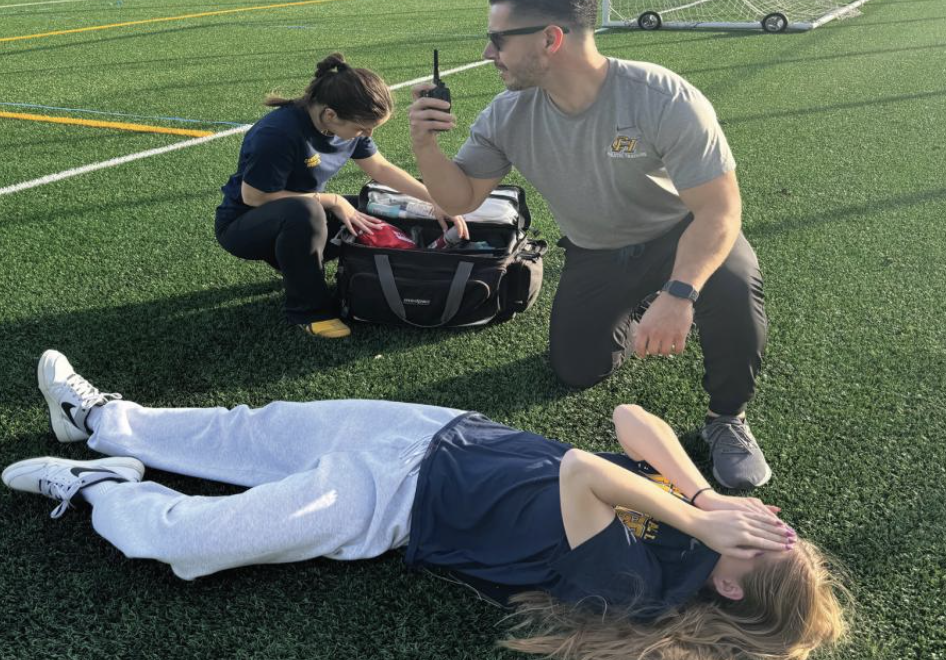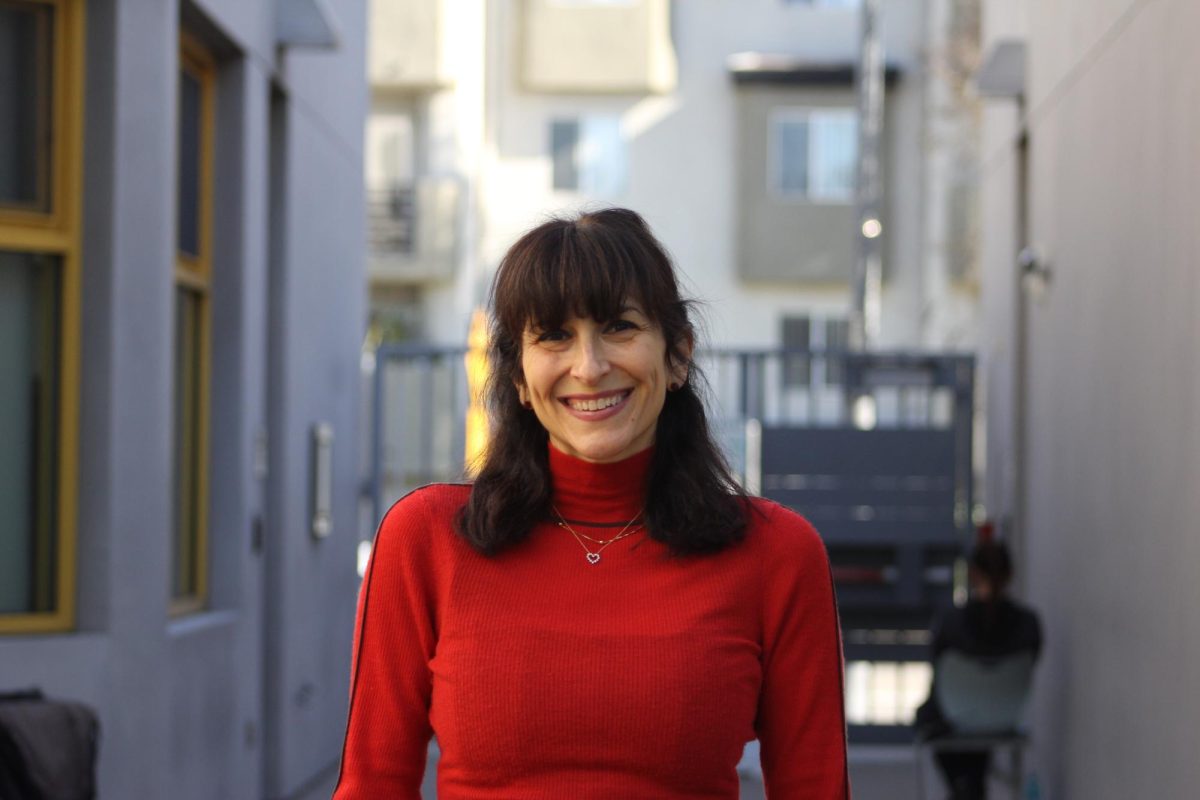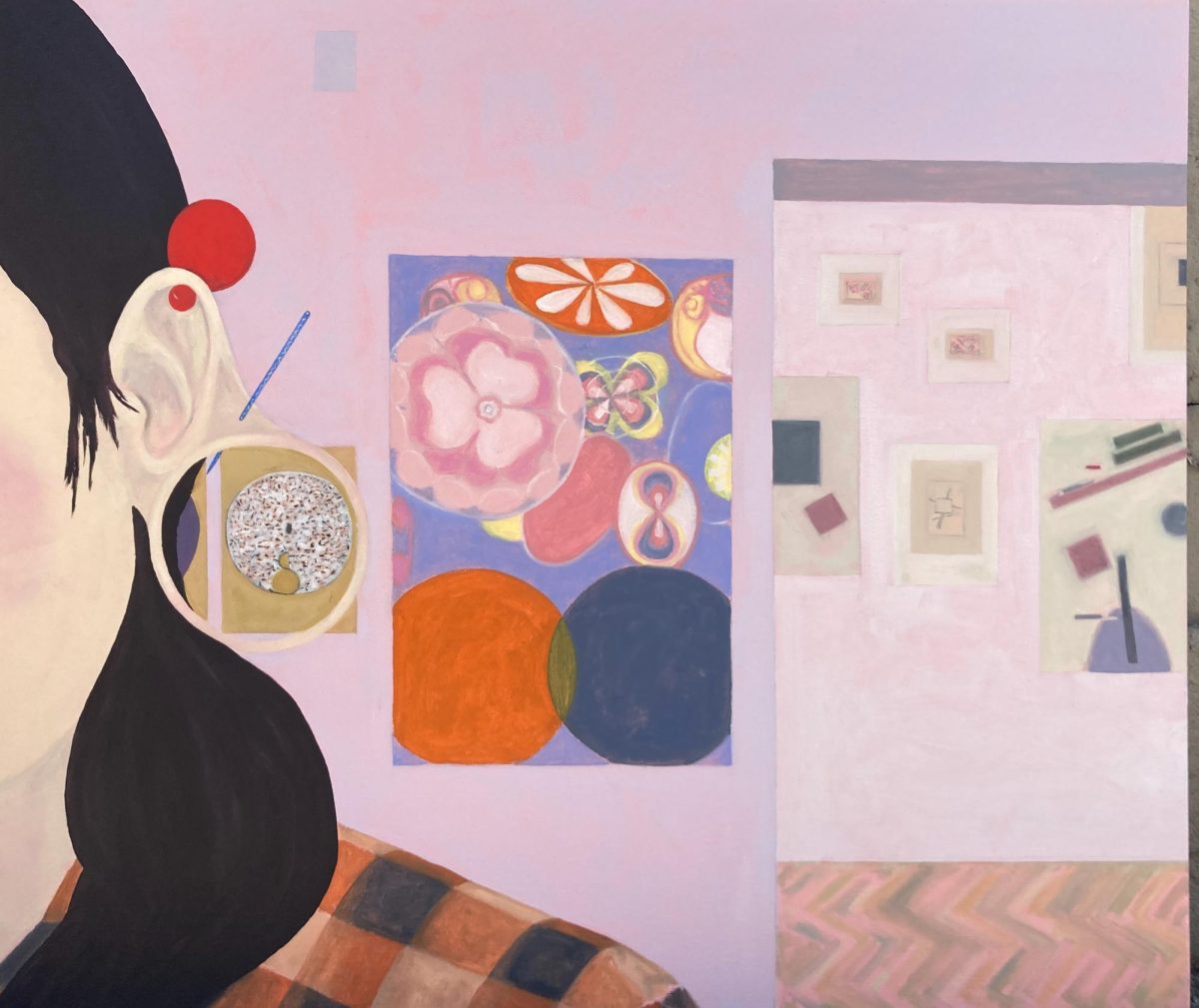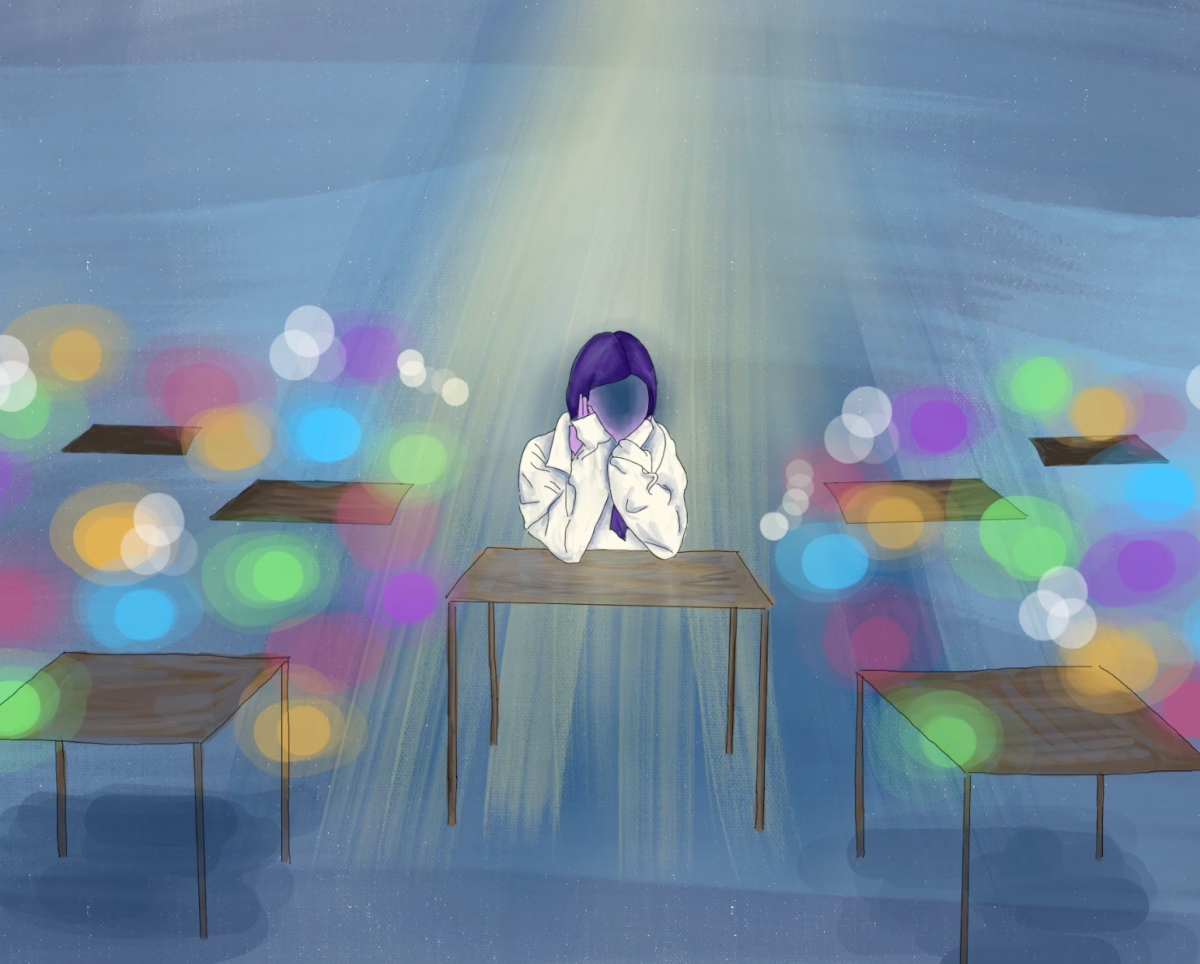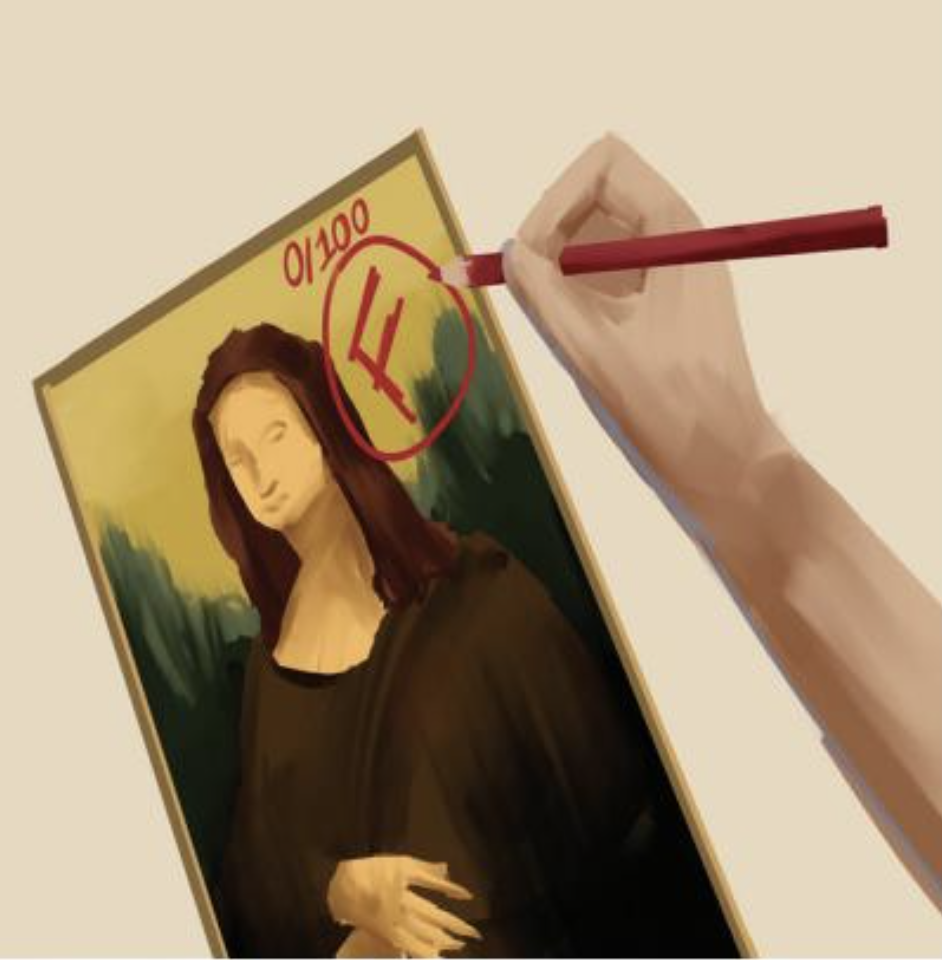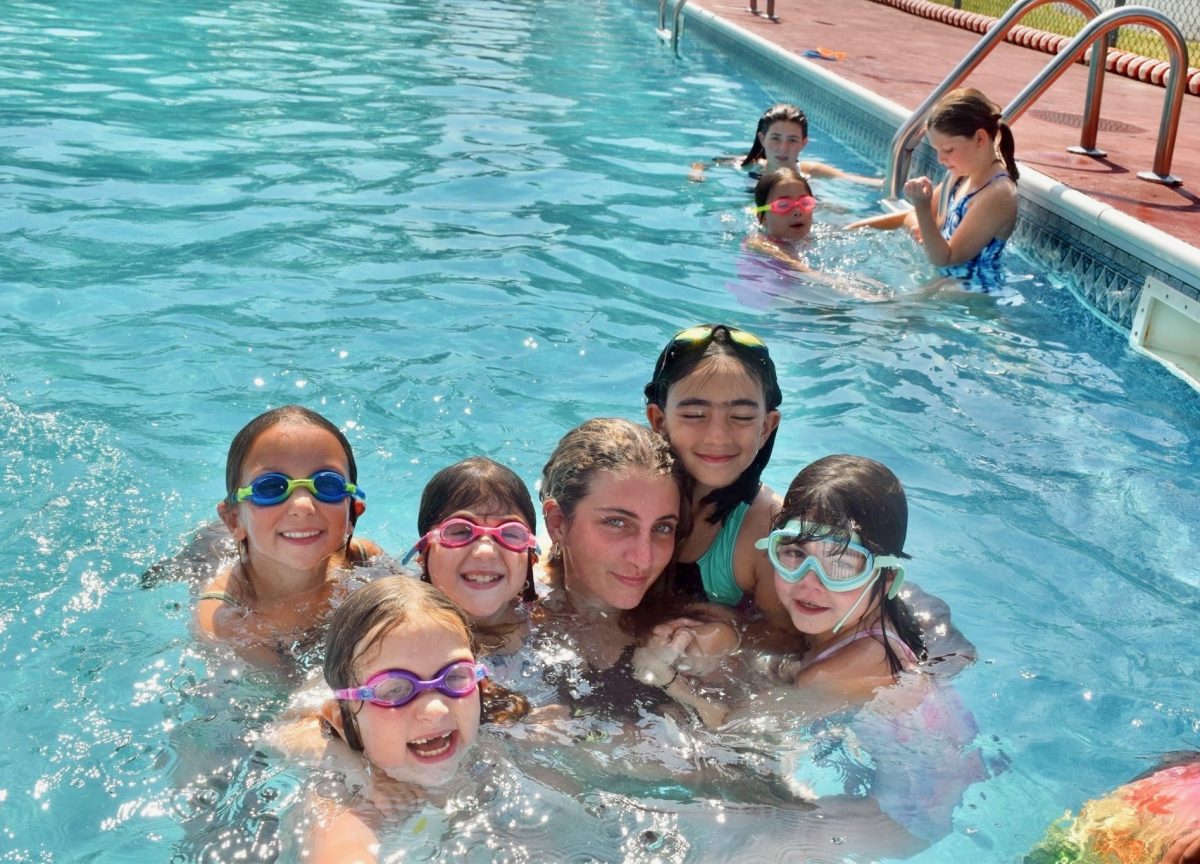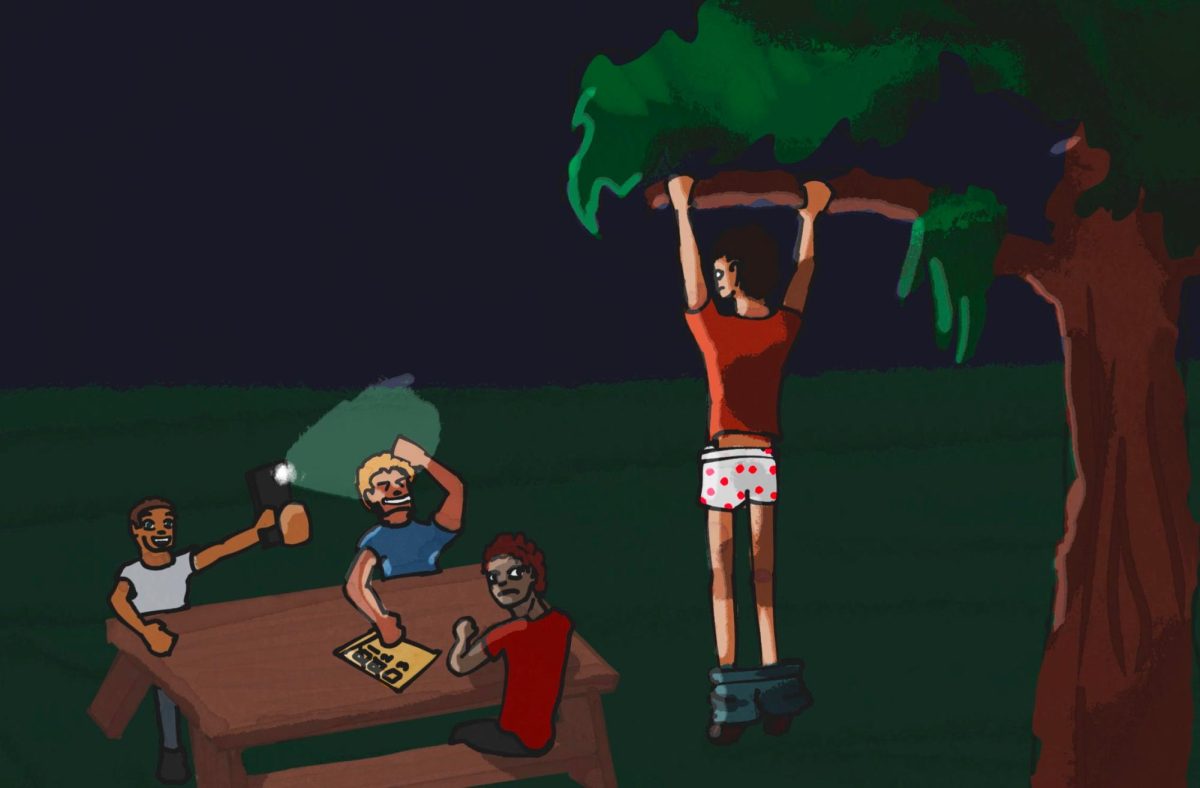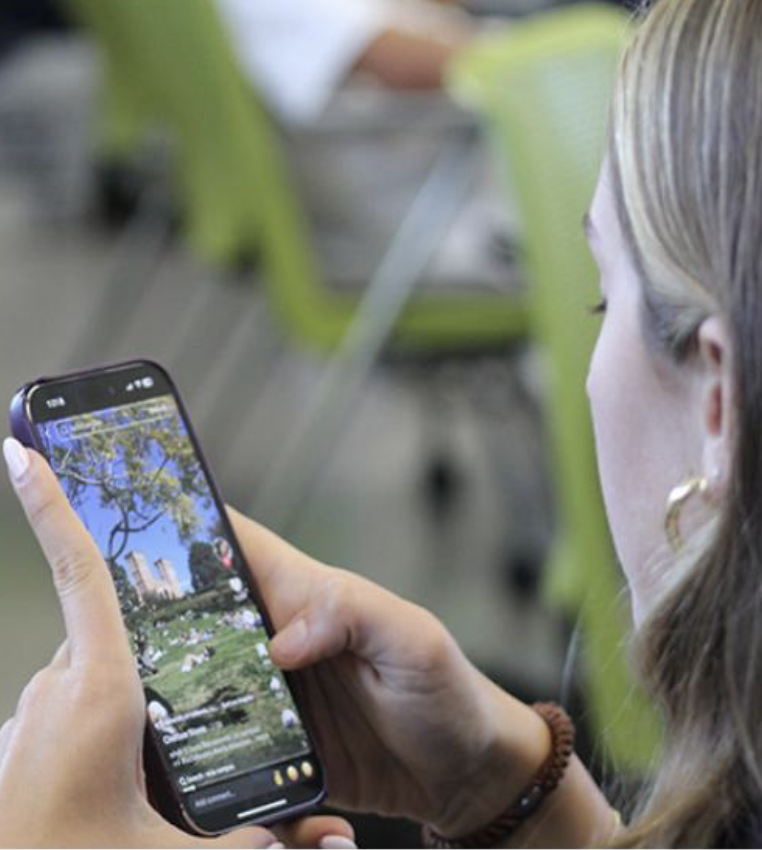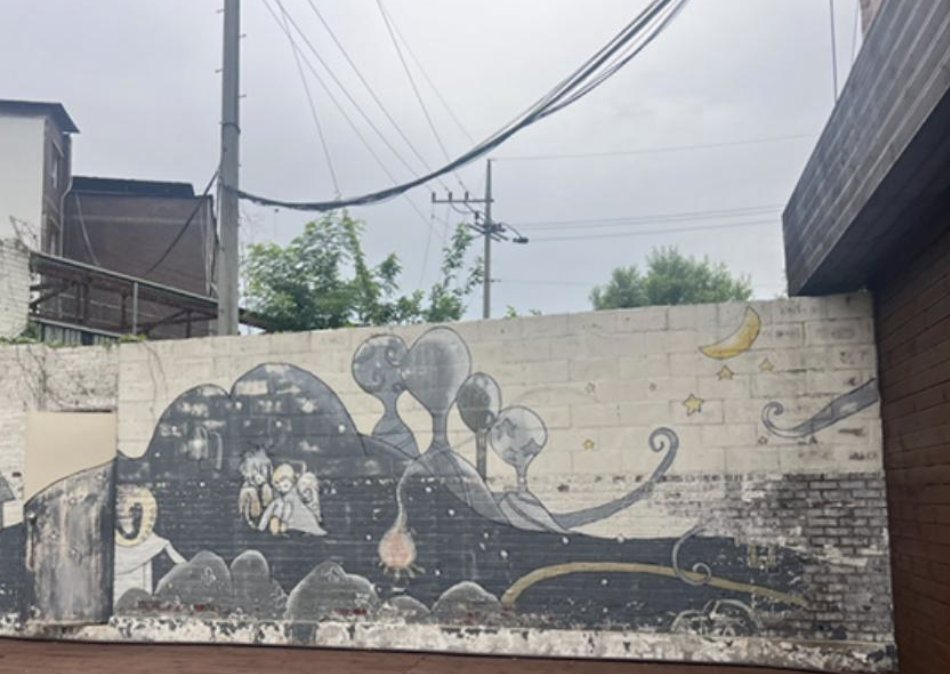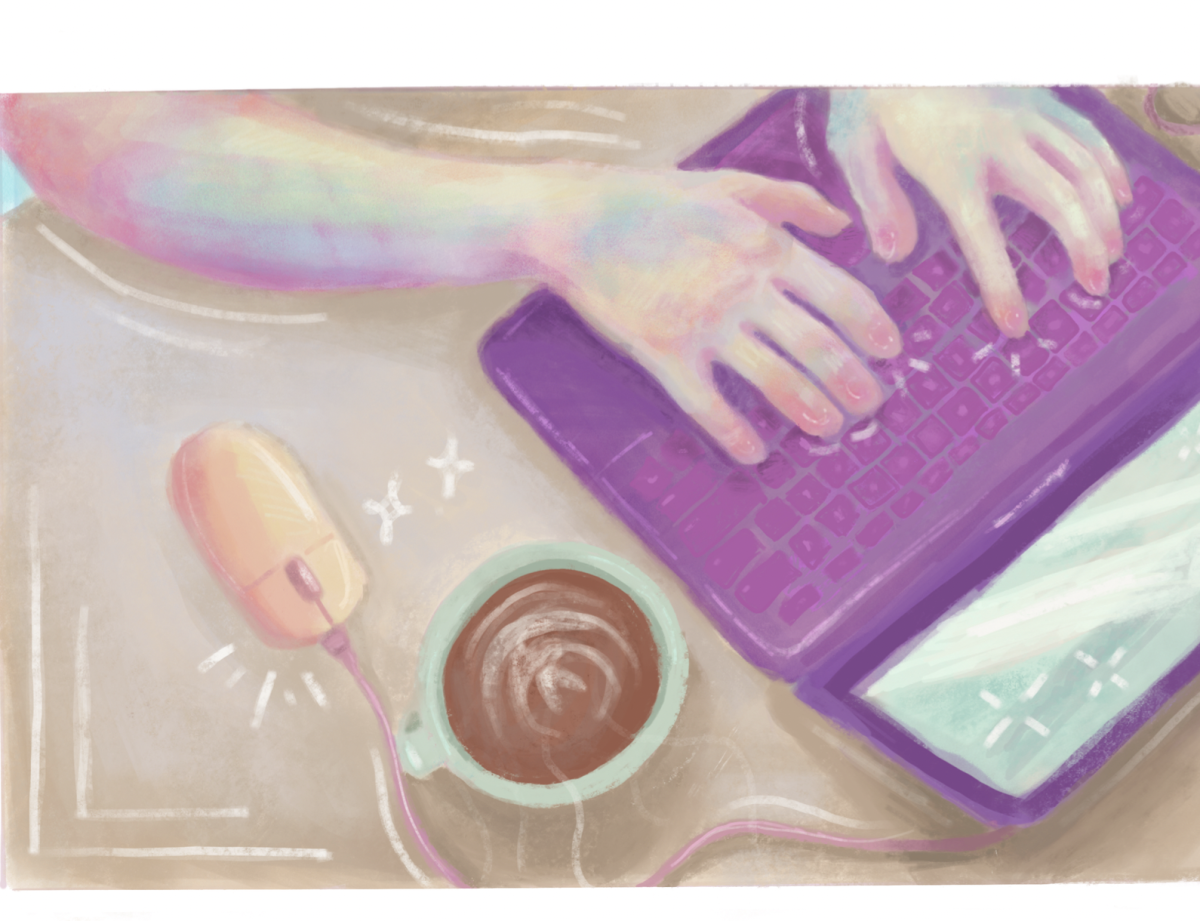Matcha lattes, iced americanos, sodas. What are seemingly aesthetic and fun drinks are considered to be a drug by the Alcohol and Drug Foundation, and have been removed from the student store.
Alexa L. ‘27 was not aware of the energizing effects of caffeine when she first started drinking it. When she was 13 years old, Alexa tried her first energy drink and immediately fell in love with the taste. She didn’t mind the way it made her feel either, and so, Alexa began drinking a can of Celcius daily. According to Maanasi Kademani’s 2023 article for UCLA Health, adolescents are recommended to not exceed the consumption of 100 milligrams (mg) of caffeine a day however, energy drinks contain anywhere from 100-200 mg of caffeine per can. While Alexa feels the benefits of one can of Celcius, she has experienced negative effects from exceeding the recommended limit for people her age.
“After drinking a Celsius, I feel a lot more focused and I understand and process everything way more easily and am really alert,” Alexa said. “But, if I drink too much, like two cans of Celsius, each 200 mg, I just feel sick. I don’t feel energized, just weird and disassociated.”
Similarly, Max GK. ‘25 is very conscious about his caffeine intake. As someone who frequents the gym, Max often takes pre-workout as the first part of his exercise routine.Max started focusing on fitness when he was 15, and with his consistent caffeine consumption for the past two years, he has recognized the increase in his tolerance.
“I used to take a 200mg caffeine pre-workout [supplement], but the more I took it, it lost its effects,” Max said. “I lower my caffeine doses once in a while if I notice that I have to consistently take 400 mg to feel energized, I [notice when] it’s too much, so I take a break for a week or two.”
Izabella Y. ‘25 doesn’t notice the effects of caffeine on her body to the extent of Lawrence or Max, however, it holds more of a sentimental value. Izabella started drinking caffeine in sixth grade as a morning ritual with her older sister who frequented coffee shops before school. The social aspect of drinking caffeine has proved to be the most important for Izabella, as she enjoys the culture of having a fun drink without feeling dependent on it for her energy.
“[Caffeine] definitely energizes you, but I just like the routine of getting coffee [because] it just makes me happy,” Izabella said. “As a high school student, you’re often asked to go [get coffee] after or before school. It’s a social event as well as just drinking it every day. I also think it’s something that many people come to class with and like hold their hand just to have something to do during class.”
The popularity of caffeine among students has Mabel R. ‘27 worried. She has concerns about the brand deals and advertisements for caffeinated drinks online that are within reach of younger students. Mabel has watched her friends become increasingly dependent on caffeine and has seen them struggle to wean themselves off. On social media, Mabel has noticed many creators whose content is about promoting caffeine to children, without explaining what it truly is. Mabel questions the impact that social media marketing tactics have on young children.
“I think we could have better marketing for [caffeine] and just more rules about it,” Mabel said. “It should just be less targeted towards younger kids, especially with drinks like Celsius. A lot of younger kids are going to see their idol or a content creator telling them to get this drink and they are going to want to drink it to be like them. That’s bad for younger kids because influencers are just doing [advertisements] to get paid, and not thinking about the health of their viewers.”
Growing up, caffeine had an immense effect on middle school history and middle and high school choir teacher Benjamin Enright. As a young kid, Enright loved sodas, but the caffeine would give him so much energy that his mother forced him to only drink sodas without caffeine. In college, Enright fell back in love with soda and relied on a daily Dr. Pepper to keep him awake and focused at school. However, after a couple of classes, Enright noticed himself crashing by the end of the day and unable to sing properly in his choir, as he found that the caffeine dried out his vocal cords. He soon weaned off of caffeine and felt that he never needed to drink it in the first place, and it was just him convincing himself that he needed soda to function.
“I think there’s a psychological need to have [caffeine],” Enright said. “People think they need it but they don’t really. If you weaned yourself off for a week, I don’t think you have those same thoughts of being dependent on caffeine. Now that I have weaned off caffeine, my energy is more stable and I am more even-tempered.”


